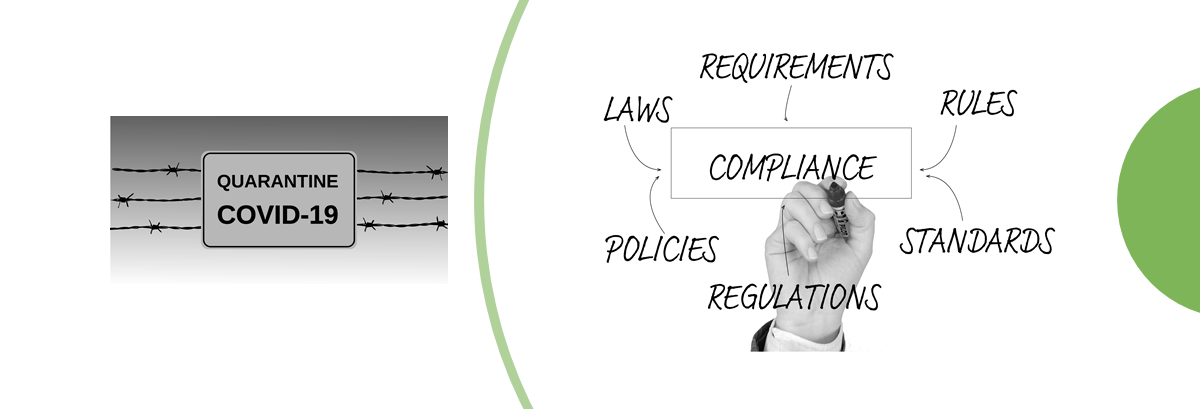The wage and the location for the position determines if the employer needs to apply for a Labour Market Impact Assessment under the Stream for High-wage Positions or the Stream for Low-wage Positions, each with their own requirements. Median hourly wages have gone up in most Canadian provinces and territories w.e.f. May 11, 2020.
 Source: Statistics Canada, Labour Force Survey, 2018 and 2019
Source: Statistics Canada, Labour Force Survey, 2018 and 2019
Hiring TFWs amid Coronavirus outbreak and travel restrictions
The Government of Canada is also taking measures to improve flexibility and reduce the administrative burden for employers. The following measures are being applied to all existing and new LMIA applications as they are received:
- employers are not required to submit minor administrative changes to the LMIA that would not change the terms and conditions
- recruitment requirements for LMIAs in key occupations related to the agriculture and agri-food sectors are being waived until October 31, 2020.
- LMIAs in key occupations related to the agriculture and agri-food sectors will be prioritized for processing.
- the maximum duration of employment under LMIAs is increased from 1 to 2 years for employers of workers in the low-wage stream as part of a three-year pilot
- employers applying under the Agricultural stream or Seasonal Agricultural Worker Program can submit a previously valid Housing Inspection Report (HIR), and
- the name changes processes for employers wishing to change the name of already identified foreign worker, for reasons related to COVID-19, has been expedited
In response to economic downturn caused by COVID-19, the federal government has announced broad measures to protect Canadian jobs and facilitate funding to Canadian businesses.
Large Employer Emergency Financing Facility (LEEFF) program will provide bridge financing of at least $50 million to large employers in order to keep running their operations.
In addition to LEEFF, government also launches Business Credit Availability Program (BCAP) providing support of more than $10 billion to small and medium sized business under Business Credit Availability Program (BCAP).
Need help for LMIA application and hiring foreign workers!
The LMIA rules, regulations and requirements are subject to frequent changes. These changes deal with different categories of jobs, duration, exemptions etc. Continuous research, attention to detail and painstaking hard work is required to obtain a positive LMIA. We help in assessment of our client’s profile and advice them on their eligibility to get an LMIA. We help Canadian employers for applying LMIA application and legally representing them before ESDC during the process.We help clients to apply for their Work Permit which authorizes them to legally work in Canada.
ESDC has currently waived the advertisement requirements for agriculture stream LMIA applications and hence the applications are being processed on expedite and priority basis.
Need help staying in Canada!
The COVID-19 pandemic has led to challenging times in Canada and around the world. Many people are under distress and anxiety. We understand! Can-X is here to help you figure it out, so you can have peace of mind. You could be an international student, worker, or visitor looking to extend your stay in Canada. You may be seeking a pathway to permanent immigration. Or you may be looking to reunite with a loved one. Whatever the reason, contact us to discuss your immigration needs, and we’ll provide our insights and help as much as we can during these difficult times.
We Care!







